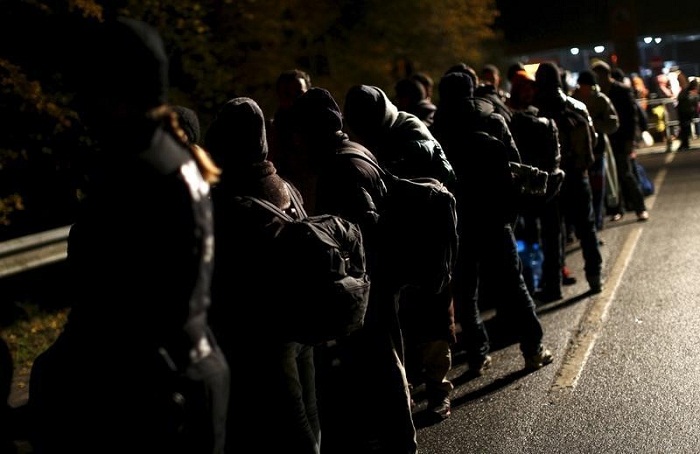Merkel, the leader of the Christian Democrats (CDU), has favoured an open-door policy and says Germany can cope.
Seehofer, head of the Christian Social Union (CSU) in Bavaria, the entry point in Germany for many of the migrants, has said the existence of the conservative bloc was at stake if she did not “correct” her asylum policy.
Gabriel, leader of the Social Democrats, the junior partner in the ruling coalition, said in an interview with Spiegel Online that the conservative parties were acting “irresponsibly” and creating even more uncertainty among the population as concerns mount that Germany cannot deal with the new arrivals.
“Given the big challenge our country is facing due to strong immigration of refugees, the dispute between the CDU and CSU is now threatening the ability of the government to act,” he said. He cited no examples of government work being held up.
“The longer the dispute in the conservative bloc lasts, the more people will turn away from politics and the more ground the right-wing radicals will gain,” Gabriel, who is also Germany’s economy minister, said.
In a development that could help control the flow of refugees into Germany, Thomas Kreuzer, head of the CSU in Bavaria’s regional parliament, said Germany and Austria had agreed on a procedure to deal with those new arrivals coming into the southern state.
Under the agreement, 50 refugees per hour could cross into Bavaria at five agreed border crossing points, he said.
German Interior Minister Thomas de Maiziere earlier this week called Austria’s recent handling of refugees “out of order” as “refugees, without warning and after dark, were being driven to the German border”, he said.
More about:
















































